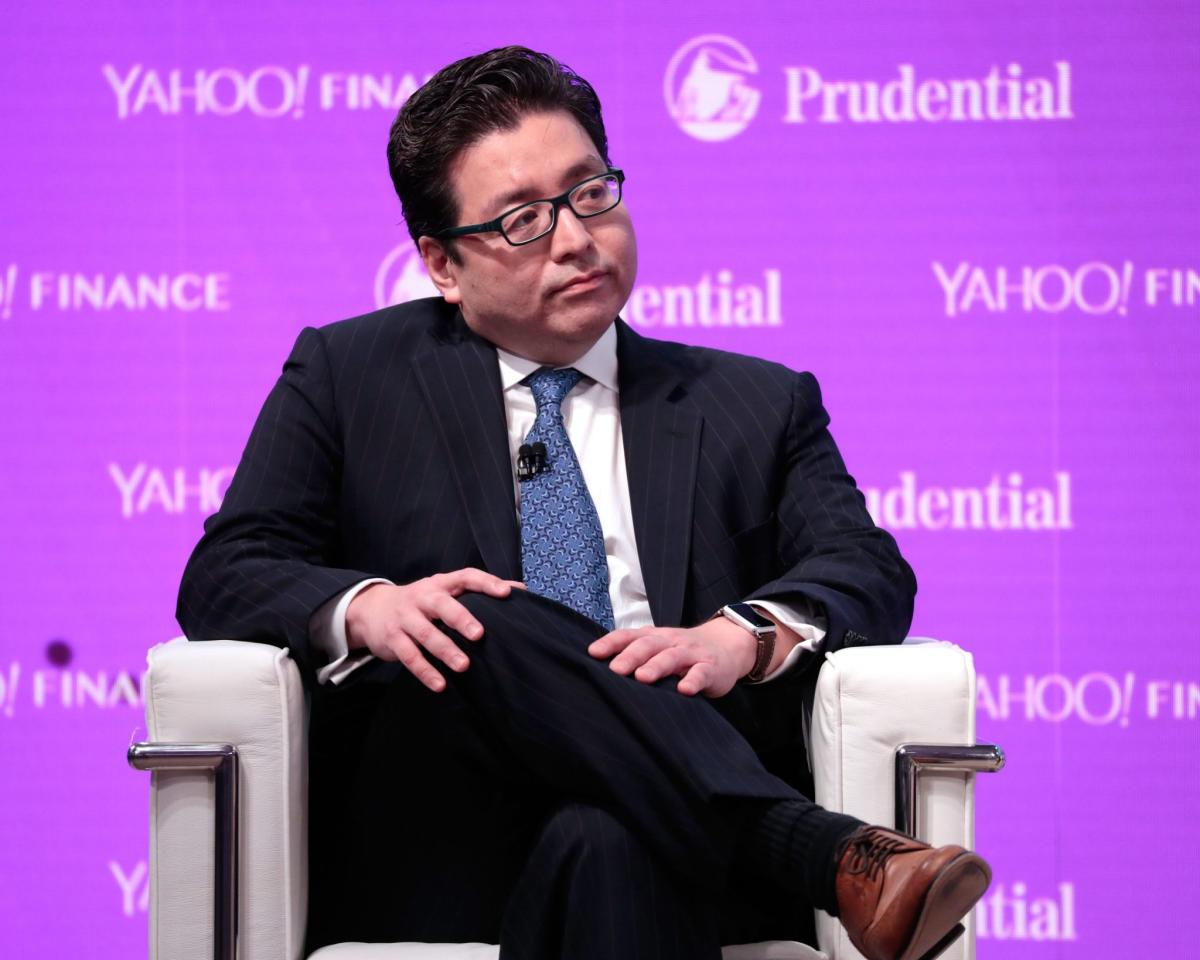Cynthia Chesky has been walking regularly in Bristol for about 18 months, bagging trash along the way, and in that time has picked up more than 60,000 nip bottles.
One day she collected 285 of the bottles in four hours.
“I thought, ‘Am I the only one picking these up?’” she said. “Environmentally this is a major issue.”
Chesky is among others who have has joined Tom Metzner of Glastonbury in a movement to change the state’s liquor law so that municipalities can choose whether to sell the tiny bottles of liquor.
The two have started a Facebook page on the issue called CT Towns Nixing the “Nip”.
State Rep. Joseph Gresko, D-Stratford, House chairman of the Environment Committee, said he will propose a bill during this upcoming legislative session in February to leave it up to individual municipalities whether to ban the sale of nips bottles.
He had the idea before the groundswell.
“I thought it was a good first step. All you have to do is tweak the liquor law,” Gresko said. “Every municipality has the issue with the litter.”
Larry Cafero, executive director and general counsel for Wine & Spirits Wholesalers of Connecticut doesn’t like the idea of a “patchwork” regulation.
Cafero said he believes the regulation in Connecticut were intended to be uniform, especially because the regulations involve an intoxicant.
“It’s really going down a slippery slope,” he said. “These aren’t plastic bags.”
He said it could start with nip bottles and go to banning other sized bottles or maybe alcohols that teenagers favor.
He said liquor store owners also have an expectation when they start in the business and that includes the ability to sell nip bottles.
The bottles selling for about $1 to $5 cannot be redeemed for a deposit because there is no place for them in the machinery where other other cans and bottles are redeemed.
Instead, legislators put a five cent surcharge on the nip bottles that goes back to each municipality.
Two years after the program began, Connecticut cities and towns have received nearly $9 million from the surcharge. About 90 million nips bottles per year are sold in Connecticut.
Under the law, municipalities are required to spend the money on litter reduction or environmental initiatives, but not necessarily tied to getting rid of nip bottle litter.
The problem, the environmentally conscious say, is the current system doesn’t stop the litter. Industry experts say the nip bottles contents are typically used close to purchase and tossed out the window nearby.
Partnering with advocates who favor municipal choice is the Connecticut River Conservancy, whose mission is to have a healthy and clean Connecticut River watershed, which includes other states where the river runs, including Vermont, New Hampshire, Massachusetts.
Rhea Drozdenko, river steward for the CRC, said Connecticut is the state with the highest number of nips bottles found in the river.
She said during this year’s Source to Sea annual clean up, nips bottles were the “main source of trash” among the states.
“We found 1,000 nip bottles in a one day,” in the multi-state cleanup of the river, Drozdenko said.
She said a big part of her work is to help stop trash before it gets there and nip bottles are “particularly pesky,” because they’re not recyclable.
“With this (option to ban sales) were talking about preventing pollution,” she said, noting items covered by the bottle bill are, “recycled at a much higher rate.”
Reasons for protecting waterways from nips bottles, Drozdenko said, include that visitors don’t wants to hang around a place with litter and pieces of nips bottles that are broken down — most are plastic — can have an affect on wildlife and fish.
“They don’t go away,” she said of the little bottles.
Chesky emphasized she is not against selling alcohol or drinking, but the nips bottle system isn’t working.
“I like having my sangria by the fire,” and she sometimes sells alcohol in her business, Chesky said. “What I have a problem with are these bottles that are so convenient people drink them and throw it out the window ”
Advocates of changing the law said what they’re striving for is similar to municipalities being allowed to choose whether to allow the sale of recreational marijuana. Or to the local choice about plastic grocery bags before the state banned them.
“We’re saying let us have that right as well,” she said.
Some other states have won having the choice, including Massachusetts, where Chesky said it’s made a “huge difference,” environmentally in municipalities where sale of nips bottles has been banned.
Metzner, who collects trashed nips bottles on a connector leading to Glastonbury High School, works for the state’s Department of Energy and Environmental Protection, and is taking this on a private citizen.
Metzner launched the statewide campaign to change the law after picking up lots of nips bottles regularly on a connector leading to Glastonbury High School.
After his story was featured in the Courant, the town seems to be paying more attention to that area and mowing more often, he said. While there are fewer nip bottles, he continues to pick them up.
He said the current liquor control act, written in 1933, doesn’t include anything about towns and cities controlling the sale of nip bottles.
“We’re just looking to add for the present reality… It’s just a matter of an arcane law that should be updated,” he said. “This is an administrative exercise that gives the towns the right to have a conversation and consider a ban.”
He said of nips bottles, “Once you start picking them up you realize the numbers.”
Gresko said cities such as New Haven probably won’t vote for a ban because they get about $110,000 every six months from the surcharge and “that’s a nice six-month paycheck.”
“Millions (of nip bottles) are sold every month ( in Connecticut). It boggles my mind,” he said.
Gresko said the legislative process will shed light on what people think about the issue.
“We’ll take the temperature of how willing people are to give this a go,” he said.
Signup bonus from





